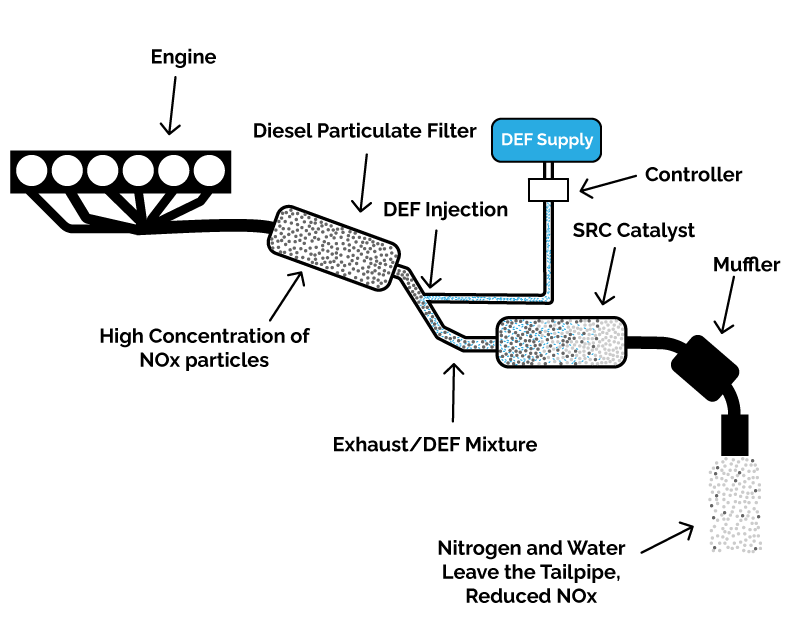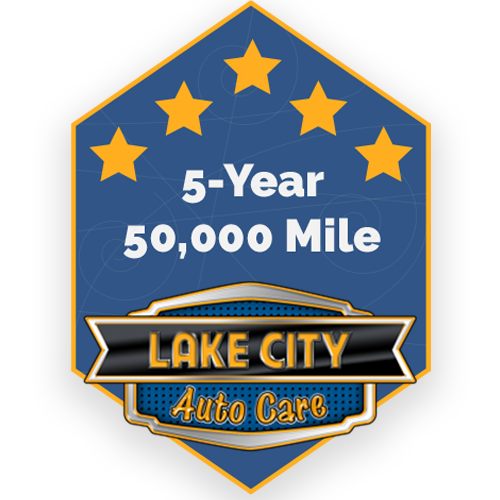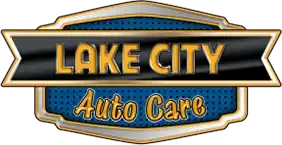What is DEF and What Does it Do?
While diesel engines provide exceptional towing capacity and efficiency, they are far from environmentally friendly. The byproducts of diesel combustion like soot and other fine particles have led diesel exhaust to be classified as a Group 1 carcinogen. Without treatment, the exhaust from diesel engines is very harmful to both the environment and people.
Over time, engineers and vehicle manufacturers have developed solutions to reduce the toxicity of diesel emissions. Modern diesel vehicles use an additive called DEF, an acronym for diesel exhaust fluid, to reduce harmful tailpipe emissions produced while a diesel engine runs. Diesel exhaust fluid allows diesel vehicles to run within emission guidelines set by the federal government starting in 2010. DEF chemically changes exhaust gases, allowing them to pass into the environment as much less harmful water and gas. DEF is used in diesel passenger vehicles, as well as work trucks like the Ford Powerstroke, Chevy/GMC Duramax, and Dodge Cummins.
What is DEF made of?
Diesel exhaust fluid is a combination of urea and deionized water. This chemical is used as a reductant, greatly reducing the amount of NOx gas emitted from the tailpipe.
How does diesel exhaust fluid work?
DEF is incorporated in the exhaust system of diesel vehicles. The fluid is used in the selective catalytic reduction process. Selective catalytic reduction targets NOx (nitrogen oxide) gases, forcing a chemical change. After the reaction, the NOx gas changes to nitrogen, water, and small amounts of C02 which are much less damaging to the environment. The use of SCR and DEF can result in NOx emission reduction by as much as 90 percent.
How does it enter the exhaust system?
DEF is stored in its holding tank and is injected directly into the exhaust gas stream. Exhaust gas leaving the engine first passes through a diesel particulate filter (DPF). The DPF captures and filters out particulate matter in the exhaust. After passing through the DPF, the exhaust gas enters a catalyst chamber where diesel exhaust fluid is also introduced. Within the catalyst, the reduction reaction occurs, reducing toxic NOx gases.

Do all diesel vehicles need it?
DEF became commonplace on diesel vehicles starting in 2010 to comply with tightening emissions standards. Your typical diesel truck, be it, Dodge, Ford, or Chevy made before 2010 does not require DEF.
What happens if I run out?
Like diesel fuel, your vehicle consumes DEF as you drive, albeit at a much slower rate. Strict emissions regulations force vehicle manufacturers to reduce engine performance or prevent starting altogether when DEF runs out. Your vehicle will give you ample warning as your DEF level starts to get low, and some cars and trucks even incorporate a DEF gauge in the dash.
When you run low, your vehicle may enter a reduced power mode meant to conserve the DEF you have left. If you do happen to run out of DEF entirely, you will be unable to start your car until you refill the tank.
Bring your diesel to Lake City Auto Care
Whether you drive a diesel commuter car, SUV, or heavy-duty work truck, our team of skilled technicians has the tools and experience to service it. If your diesel isn’t running like it should, schedule an appointment or give us a call today!
North Idaho's Best Warranty
We stand behind our work 100%. That's why we offer a five-year, 50,000-mile warranty on all services and repairs. You can rest assured that when you bring your vehicle to us, we've got you covered no matter what happens down the road.
Appointments (208)-856-8336
